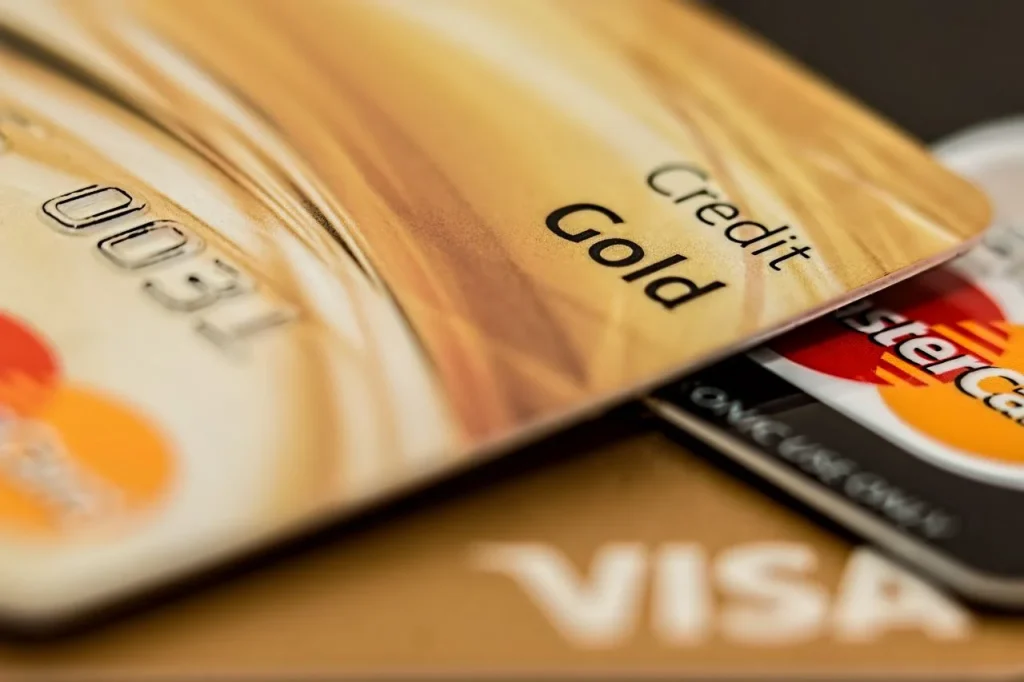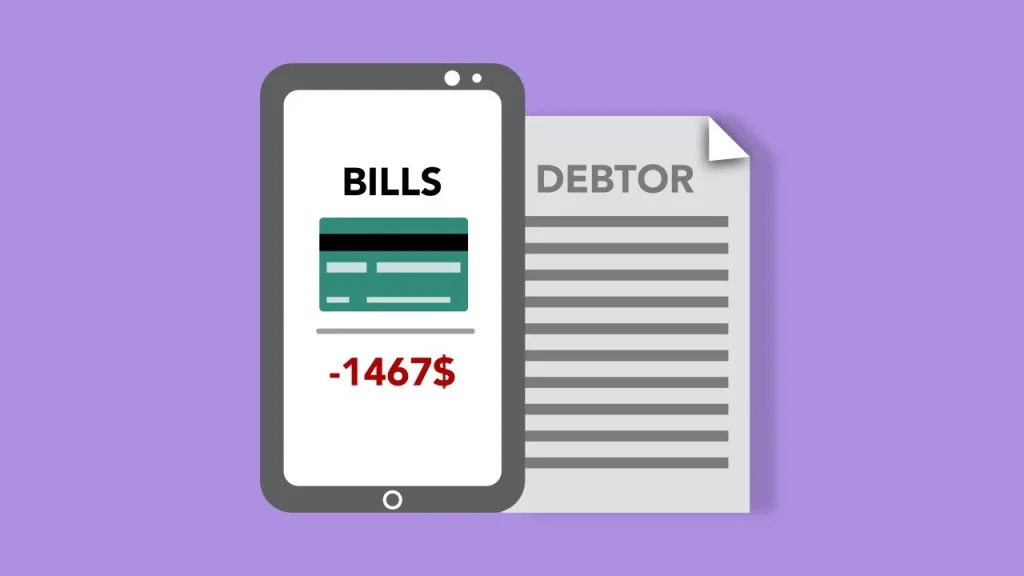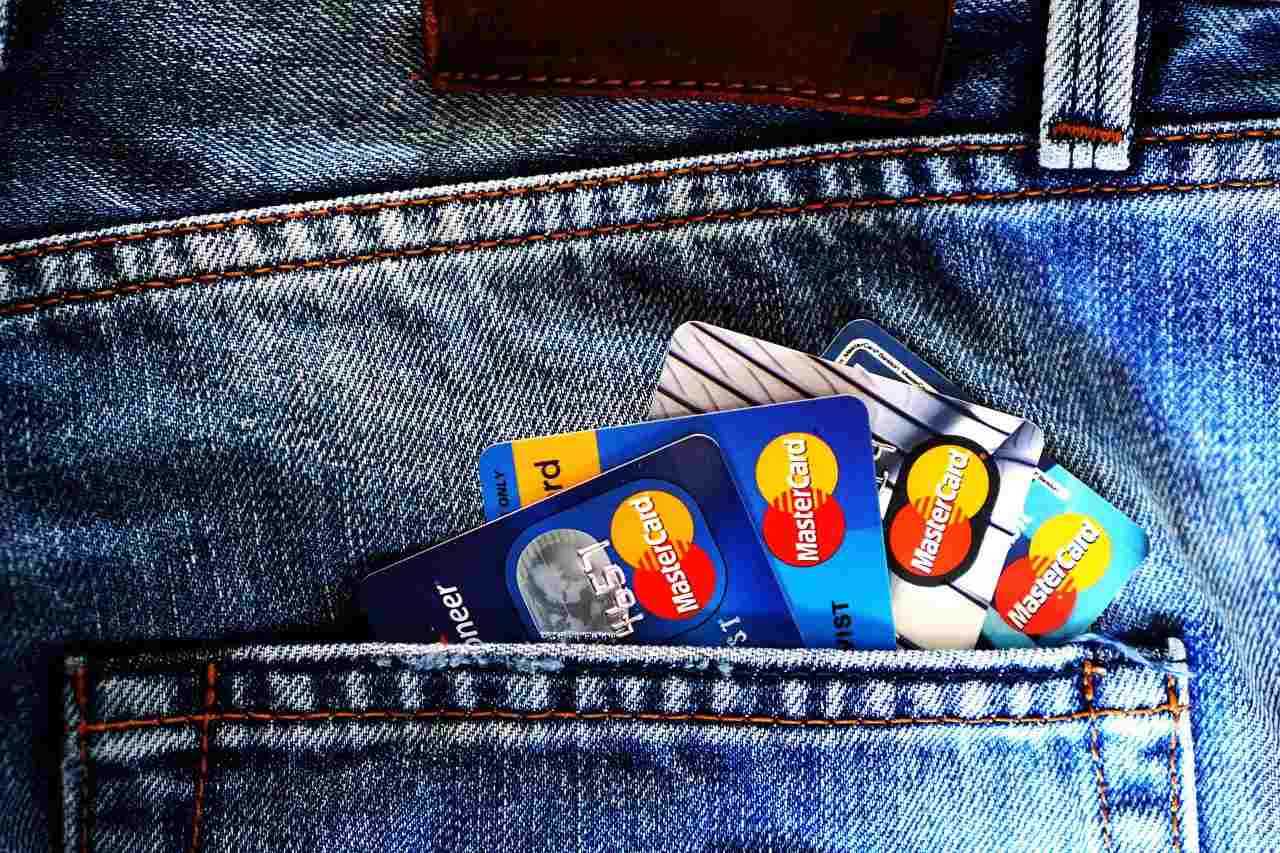In today’s world, having a credit card is no longer a luxury, but a necessity. A credit card can provide convenience, security, and rewards to its user. It is a potent financial tool that can assist you in establishing credit, controlling costs, and achieving financial objectives. It can even help you achieve your financial goals in pursuing your dream condo in Las Piñas! However, with so many credit card options available in the market, choosing the right one can be overwhelming. In this blog, we will discuss how to choose the right credit card, taking into consideration your financial habits, goals, and lifestyle especially if you are living in a condo near NAIA.
Why Choose a Credit Card?

First, let us discuss the benefits of having a credit card. One of the primary advantages of having a credit card is convenience. A credit card allows you to make purchases online, over the phone, and in-store without having to carry cash. It is also more secure than carrying cash since it can be easily replaced if lost or stolen.
Another advantage of having a credit card is the ability to build credit. Your credit score is a reflection of your creditworthiness and is based on your credit history. Using a credit card responsibly by making timely payments and keeping your balance low can help you establish and improve your credit score. A good credit score is essential for getting approved for loans, mortgages, and even for renting an apartment.
Credit cards also offer rewards and bonuses. Some credit cards offer cash back, miles, points, or other incentives for using the card. These rewards can be used for travel, shopping, dining, or other expenses.
How to Choose Your First Credit Card

Now that we have discussed the benefits of having a credit card let us talk about how to choose the right one. The first step in choosing the right credit card is to assess your financial habits and goals. Do you travel frequently? Do you frequently make huge purchases? Do you make a full payment on your debt each month? These questions can help you determine which credit card is right for you.
Travel Credit Cards

If you are a frequent traveler, a travel credit card may be the right choice for you. Travel credit cards offer rewards and benefits tailored to frequent travelers, such as airline miles, hotel points, and travel insurance. Some travel credit cards also offer perks such as free checked bags, priority boarding, and lounge access. These advantages can help you save money and have a more pleasurable trip.
When choosing a travel credit card, consider the airline or hotel brand you frequent the most. Some credit cards are co-branded with airlines or hotels and offer exclusive benefits. Also, consider the annual fee and foreign transaction fees. Some travel credit cards have high annual fees but offer significant rewards and benefits, while others have no annual fees but fewer perks.
Cash Back Credit Cards
If you prefer simplicity and flexibility, a cashback credit card may be the right choice for you. Cashback credit cards offer rewards in the form of cash back on your purchases. These rewards can be used for any expense, making them a versatile option.
When choosing a cashback credit card, consider the rewards rate and categories. Some credit cards offer higher cashback rates for specific categories such as groceries, gas, or dining. Others offer a flat cashback rate on all purchases. Also, consider the annual fee and any bonus offers.
Balance Transfer Credit Cards

If you have credit card debt, a balance transfer credit card may be the right choice for you. Balance transfer credit cards offer a promotional interest rate for a certain period, allowing you to transfer your existing credit card balance and save money on interest charges. These credit cards can help you pay off your debt faster and save money on interest.
When choosing a balance transfer credit card, consider the promotional interest rate, balance transfer fees, and any ongoing fees after the promotional period ends. Also, consider whether the credit card issuer reports the balance transfer to credit bureaus since it
A credit card is not just a tool for purchasing goods and services, it is also an instrument to help you achieve your financial goals. When you choose the right credit card, you can improve your credit score, save money on interest rates, and earn rewards that you can use for your travel needs.
Credit Limit
One important thing to consider when choosing a credit card is the credit limit. The credit limit is the maximum amount that the card issuer allows you to spend on your card. It is important to choose a credit card with a credit limit that suits your spending habits and financial goals. If you plan to use your credit card for large purchases, then you need to choose a card with a higher credit limit.
Annual fees

Another important thing to consider when choosing a credit card is the annual fee. Some credit cards charge an annual fee while others do not. If you are looking for a credit card with a lower annual fee, then you should consider getting a secured credit card. A secured credit card requires a security deposit, but it usually has a lower annual fee compared to unsecured cards.
Interest Rates
When choosing a credit card, you also need to consider the interest rate. The interest rate is the cost of borrowing money on your credit card. If you plan to carry a balance on your credit card, then you need to choose a card with a lower interest rate. However, if you plan to pay off your balance in full every month, then the interest rate may not be as important as other factors such as rewards and fees.
Regular purchases: When you use your credit card to make a regular purchase, such as buying groceries or paying for a meal at a restaurant, you are charged an interest rate on the balance you carry over from month to month. This interest rate is typically lower than the rates for balance transfers and cash advances. For example, your credit card may have an interest rate of 18% for regular purchases.
Balance transfers: If you have debt on another credit card or loan, you may be able to transfer that balance to a new credit card with a lower interest rate. This is known as a balance transfer. The interest rate for balance transfers is often lower than the interest rate for regular purchases, but there may be a balance transfer fee charged by the credit card issuer. For example, your credit card may have an interest rate of 0% for balance transfers for the first 12 months, but a balance transfer fee of 3% of the amount transferred.
Cash advances: If you need cash quickly, you can use your credit card to withdraw cash from an ATM or bank. However, cash advances usually come with higher interest rates and fees than regular purchases and balance transfers. The interest rate for cash advances can be as high as 36%, and there may also be a cash advance fee charged by the credit card issuer. For example, your credit card may have an interest rate of 24% for cash advances and a cash advance fee of 5% of the amount withdrawn.
It’s important to be aware of the interest rates and fees associated with each type of transaction before you use your credit card. Make sure to read the terms and conditions of your credit card agreement carefully, and avoid using your credit card for cash advances unless it’s absolutely necessary. By being mindful of these different interest rates and fees, you can use your credit card responsibly and avoid unnecessary debt and pay interest that is huge.
Credit Utilization Ratio

The credit utilization ratio is the percentage of your credit card balance relative to your credit limit. It’s a key factor in calculating your credit score and is used by credit bureaus to assess your creditworthiness.
For example, if you have a credit limit of ₱50,000 and your current balance is ₱25,000, your credit utilization ratio would be 50% (₱25,000 ÷ ₱50,000).
Your credit use ratio needs to be kept below 30%, if possible. A greater credit utilization ratio can be an indicator that you are making use of credit excessively and could be at risk of a payment default. Your credit score may suffer as a result, making it more challenging to get credit in the future.
By keeping your credit utilization ratio low, you show lenders that you are responsible with your credit and can manage your finances effectively. This can help you to build and maintain good credit scores over time.
Rewards Programs
It is also important to consider all the benefits that the rewards program offer when choosing a credit card. Some credit cards offer cash back, points, or miles that you can redeem for travel rewards. If you are a frequent traveler, then you may want to consider getting a travel rewards credit card that offers bonus rewards for travel-related purchases.
However, a card that may offer premium rewards or benefits typically has a higher annual fee. The annual fee for these cards can range from a few hundred to several thousand pesos. It’s important to weigh the value of the rewards and benefits against the annual fee before deciding to apply for one of these cards.
If you don’t think you’ll use the rewards or benefits enough to justify the annual fee, it may be better to opt for a card with a lower or no annual fee.
Consider Your Spending Habits For a Good Credit History

When choosing a credit card, you need to be responsible with your spending habits. You should avoid overspending on your credit card and make sure to pay your balance on time every month. Late payment fees and interest charges can quickly add up and become a financial burden. You do not want your credit report to show a low credit score.
If you are a college student, after having your own bank account, you may want to consider getting a student credit card. Student credit cards are made for those who are just beginning to establish their credit. These cards are a wonderful option for students who are on a restricted budget because they frequently have lower credit limits and reduced fees.
There are many apps that can help you with your finances. You can also manage to create a spreadsheet or financial tracker to keep in check with your expenses. Many tutorials are available to watch on YouTube and other social media sites. There are also various social media influencers that give tips on managing finances.
Be Informed About Credit Card Issuers

It’s mandatory for credit card issuers to provide information about their interest rates and fees on their websites. The great news is that you won’t have a hard time finding this information since it’s easily accessible to the public.
Let me give you a quick story to help illustrate why this is important. Once upon a time, there was a young woman named Maria who wanted to apply for her first credit card. She thought it would be an easy process until she received her first bill with a long list of fees she never knew existed. She was frustrated and overwhelmed, feeling like she was tricked into getting a card with hidden charges.
Thankfully, Maria’s experience can be prevented with the help of laws that require credit card issuers to be transparent about their interest rates and fees. You don’t want to end up like Maria, unknowingly accumulating credit card debt due to hidden fees and high-interest rates. By having access to this information, you’ll be able to make informed decisions about which credit card to choose.
Secured Credit Cards

If your credit reports show that you have poor credit or no credit history, then you may want to consider getting a secured credit card. Secured credit cards require a cash deposit that serves as collateral for the credit card. These cards can help you build or rebuild your credit history, but they often come with higher interest rates and fees.
To make sure that you choose the right credit card, you need to do your research and compare different credit cards based on your financial goals and spending habits. You can use online resources to compare credit cards and read reviews from other cardholders.
In conclusion, choosing the right credit card can help you achieve your financial goals and improve your credit score. When choosing a credit card, you need to consider the credit limit, annual fee, interest rate, rewards program, and your spending habits. Make sure to choose a credit card that suits your financial goals and budget, and use it responsibly to avoid financial burden. A credit card is a convenient tool to have for everyday purchases and travel needs especially if you have a condo near NAIA, but it should be used wisely to avoid debt and financial stress.
Related Blog: How to Check and Maintain a Good Credit Score in the Philippines


